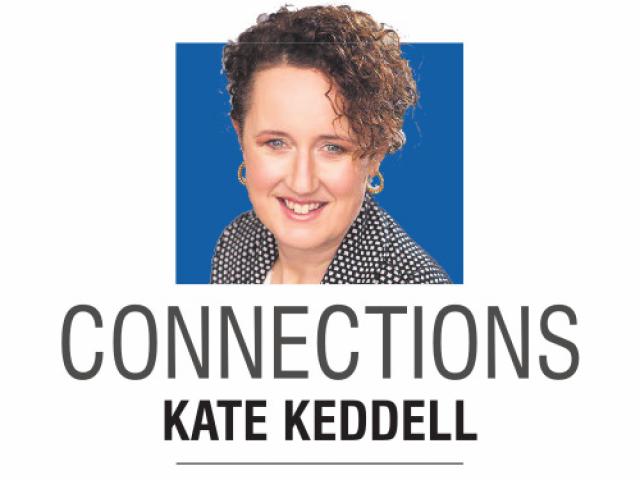
At the end of a mediation process, I ask people to reflect on what they would do differently next time to prevent an argument from escalating into a fight. Here are five questions I ask individuals:
1. Can you now recognise and control your triggers?
You would think that most of the people I help through conflict would be young and immature. No! Many are in midlife, hiding behind armour made up of coping mechanisms they have built over the years. They need to assess, is their armour — their triggers, reactions, prejudices — helping or hindering them? In order for us to mellow into our old age, we need to break through that which no longer serves us.
2. Did you hurry "the process"?
It generally takes longer to repair a relationship than it does to ruin it. Trust is easily lost, and hard to regain. When you are working through an argument you need to be patient, not avoid the awkward moments and do your best to maintain a generous perspective. It is important to understand the "why’' behind the conflict, what is driving the people involved. It is not just enough to solve the "what’', the immediate problem. People can keep repeating behaviour because habits take time to break. We need to understand what is causing them before we can accept them and take steps to change them.
3. Did you need to step back sooner?
The desire to win an argument grows the longer you are in conflict. The belief you are right also grows. If you are no longer able to see the other person’s point of view objectively and you are rushing to talk over them, to impose your solution on to them, it’s time to step back. You will only force them to fight back and act in the same way you did.
4. Was it your problem to solve?
People who want to rescue and solve the problems of others often end up micromanaging and causing unnecessary arguments. Their well meant intentions backfire, looking like they are being overprotective or too controlling. It is better to resource people, not rescue them so they feel empowered and learn for themselves. When you feel like you are going into rescuer mode, ask yourself: "Is this my problem to solve?" "Why am I feeling frustrated?" "Do I need to take control?"
5. Were you afraid of being vulnerable?
Many people are reluctant to talk directly to another person to sort out an argument. They will say that the other person is impossible to talk to or will never see their point, but that is a smokescreen for what is really holding them back. The truth is more likely they are afraid to give up control of an outcome they want to force or manipulate. Or they are too embarrassed to admit what is really driving their need to keep arguing (like protecting their pride).
Being vulnerable and honest with yourself as to "why" you want to win the argument, rather than work through it, can take more strength of character than continuing in the conflict.
Arguments between individuals don’t happen in a vacuum. It is also helpful to ask what was learnt at an organisational level. I see managers who often use the same strategies to fix a conflict, but each conflict is different due to the dynamics of the human relationship at the heart of it. I ask them, should they have used a different strategy? For example:
- A common fix is to move a person to another role but that can only transfer the "problem" to another place. Perhaps the person needed to develop their communication style first?
- Team building sessions can be positive but they only paper over cracks if there is underlying tension. Did you need to first sort the root of the problem with a facilitation?
- Internal investigations may give an answer quickly, but they can deepen biases that are being felt by your staff. Did you need to use someone independent?
The theory and practice of mediation was largely shaped by Confucian philosophy. However, rather than overload you with more of his quotes, I think you can learn more by looking back on yourself so that the way forward for you is clearer next time. Hindsight is a pretty good teacher.
- Kate Keddell is a senior resolution practitioner at Fair Way Resolution.










